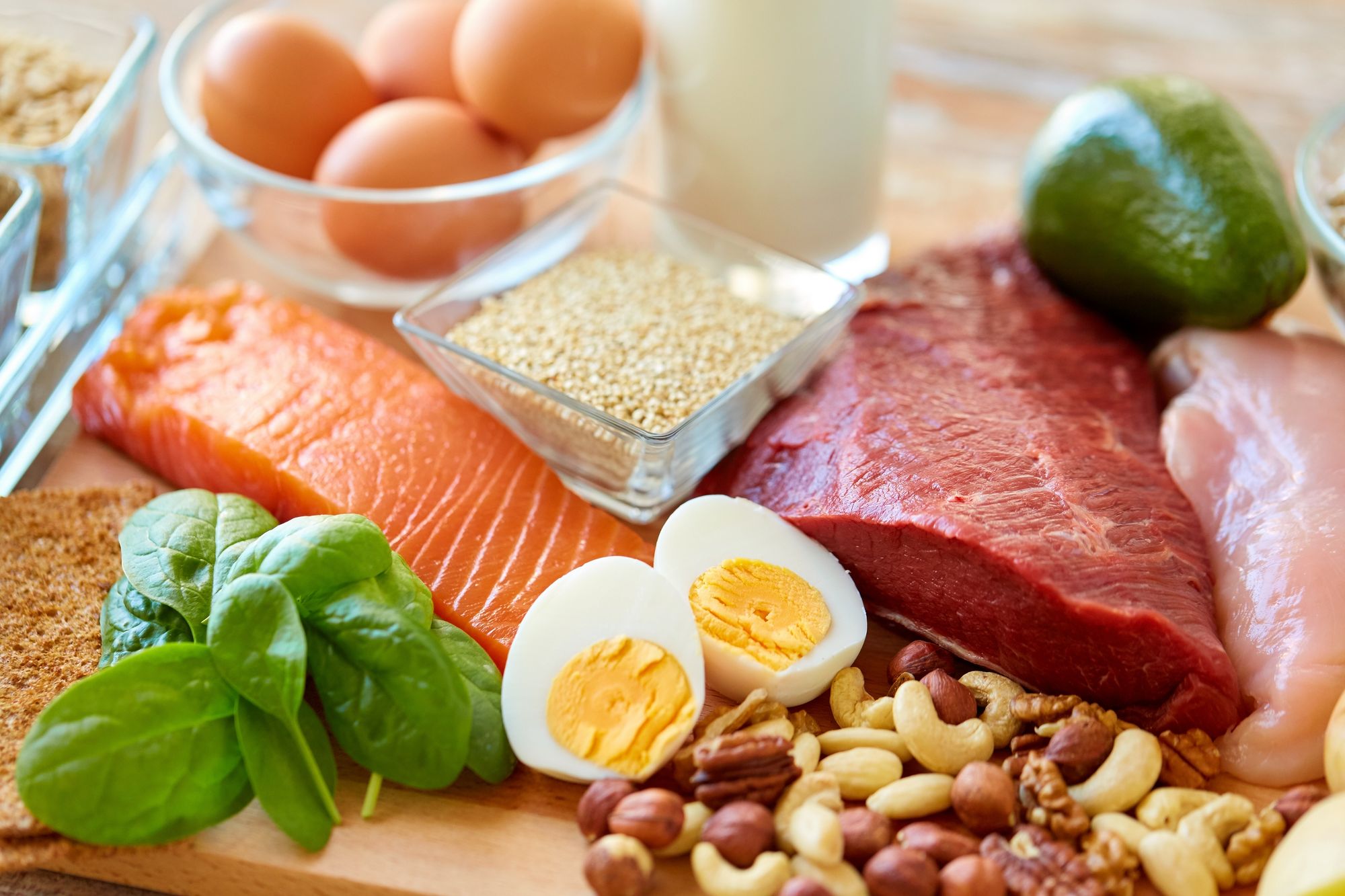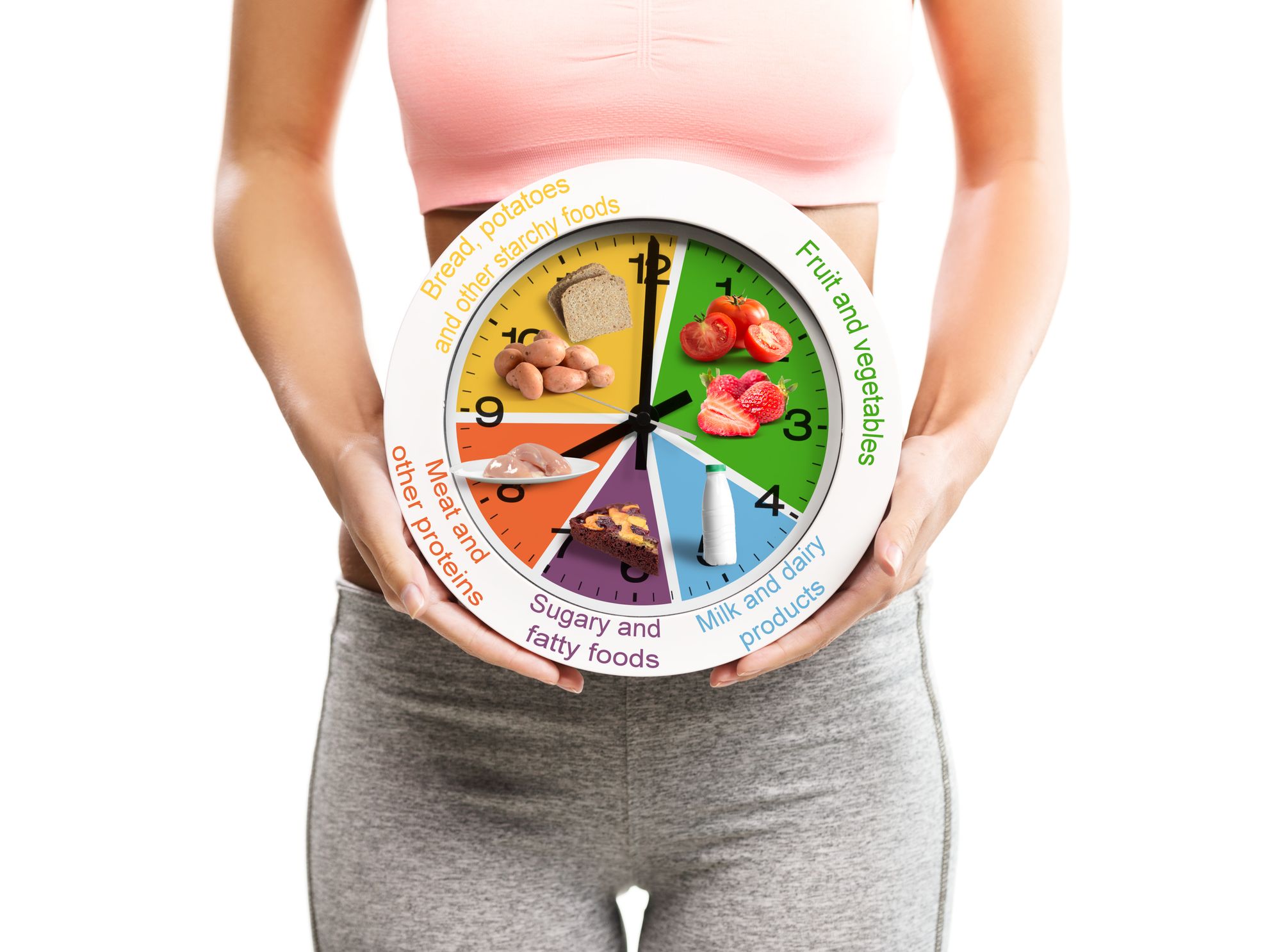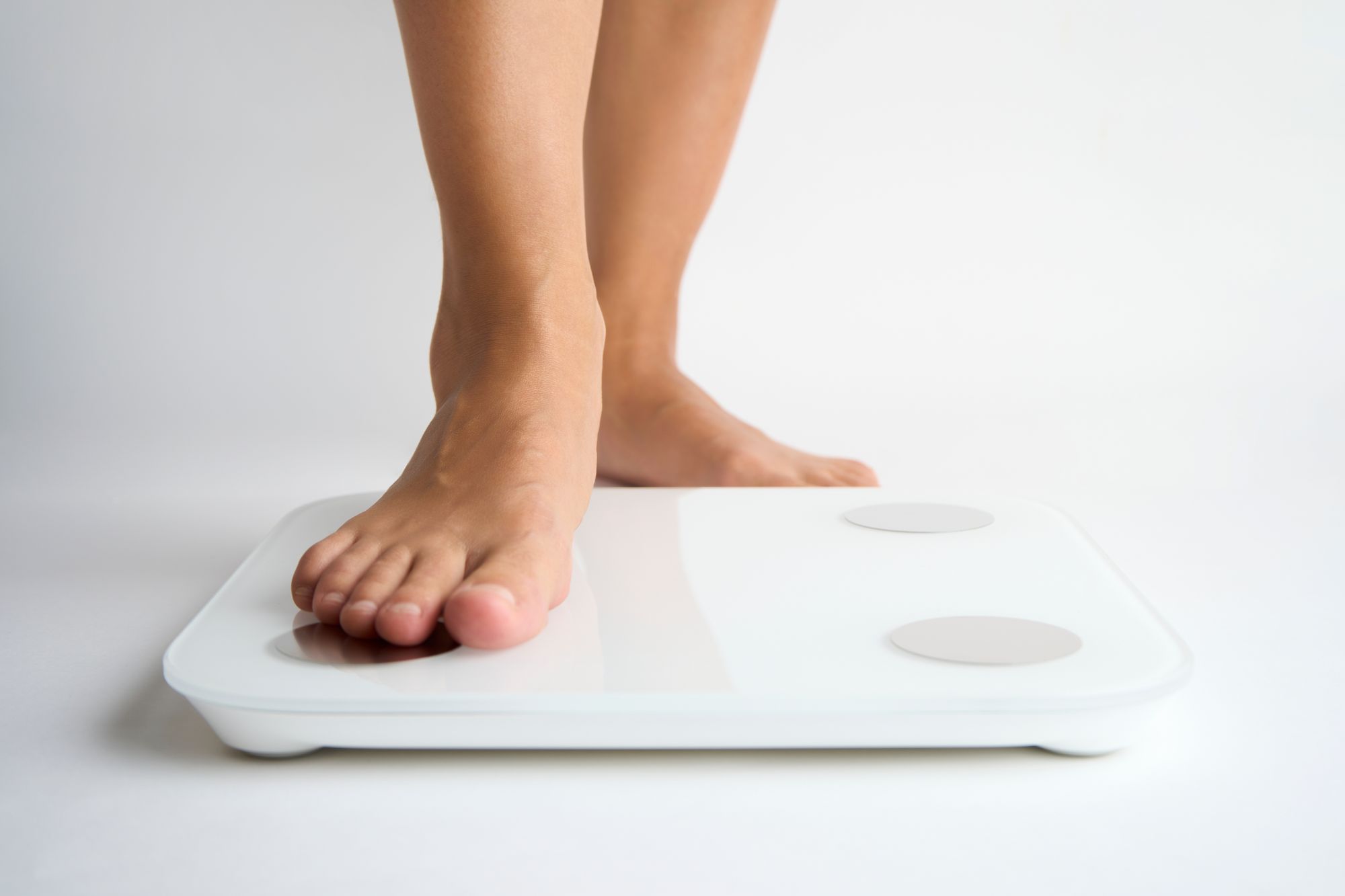Embarking on a weight loss journey beyond the age of 50 often resembles deciphering a complex puzzle. The methods that once delivered results during your youth seem to lose their effectiveness as your body naturally evolves. Nevertheless, a fresh and insightful perspective awaits you. With age comes an enriched comprehension of your body, metabolism, and distinct necessities. This fusion of wisdom and familiarity presents a potent opportunity to achieve and maintain weight loss as the years go by. Our dialogue with industry experts has illuminated a series of exceptional strategies that can render the process of shedding pounds after 50 more feasible.
The significance of maintaining a healthy weight extends beyond aesthetics; it is pivotal for dignified aging. The perils of being overweight or obese encompass an elevated vulnerability to a spectrum of health ailments, spanning from cardiovascular diseases and hypertension to type 2 diabetes and specific forms of cancer. Here, we engage in discussions with professionals well-versed in nutrition and fitness, unveiling eight actionable steps that can facilitate weight loss in the wake of surpassing the half-century mark. However, it's crucial to acknowledge that there exists no swift solution or miraculous fix for weight loss. Rather, the cornerstone lies in cultivating health-conscious routines that can be nurtured and upheld over the long haul, ultimately furnishing you with heightened vitality to relish life's moments.
As you proceed, an exploration of these eight pivotal habits that usher in weight loss ease after 50 awaits.
1) Elevate Protein Intake:

As you age, protein becomes not only a building block for muscles but also a critical component in keeping you satisfied and preserving lean body mass. Muscle retention takes on added importance to enhance metabolism and counteract sarcopenia, which is the age-related loss of muscle mass. Brittany Lubeck, RD, a registered dietitian and nutrition writer, emphasizes that protein intake should be a priority, suggesting that incorporating it into every meal and snack can help meet protein goals effectively. This macronutrient aids in preventing muscle loss and supports various bodily functions.
2) Discover Enjoyable Exercise:

The importance of physical activity remains pivotal as you age, and finding an exercise routine you genuinely enjoy can make all the difference in consistency. Whether it's the rhythmic pace of walking, the invigoration of jogging, the strength-building aspects of resistance training, the flexibility of yoga, or the outdoor adventure of hiking, blending fitness with enjoyment can reshape your weight loss journey. Research shows that older adults who engage in regular exercise experience enhanced mental well-being and cognitive function. According to Lubeck, a combination of stretching, endurance exercises, and strength training is recommended for holistic health after 50.
3) Prioritize Quality Sleep:

Sleep quality is akin to nutrition when it comes to achieving weight loss goals, especially post-50. Adequate, restful sleep has a direct impact on hormone regulation, affecting appetite and stress levels. Kate Meier, CPT, a certified personal trainer, underscores the role of a healthy sleep schedule in making weight loss more manageable. Quality sleep not only boosts energy levels but also aids in muscle recovery after exercise and maintains a healthy metabolic rate. Striving for seven to nine hours of sleep per night is crucial for overall well-being.
4) Embrace Consistent Eating Schedule:

Establishing a regular eating routine is a powerful strategy to maintain a steady metabolism. Meier explains that sticking to consistent meal times prevents the metabolic slowdown that can occur when the body senses a lack of energy intake. Furthermore, maintaining consistent intervals between meals stabilizes blood sugar levels, curbing cravings and preventing energy crashes. It's recommended to have healthy snacks on hand to ensure you don't go too long without nourishment, especially when life gets busy.
5) Amplify Fiber Intake:

A diet rich in fiber is not only essential for digestion but also aids in weight management. Consuming foods like whole grains, legumes, seeds, fruits, and vegetables provides a sense of fullness, helping control cravings and supporting a healthy weight. Lubeck points out that as you age, the risk of conditions like diabetes and heart disease increases. Incorporating sufficient fiber into your diet can mitigate these risks and improve overall digestive health.
6) Seek Professional Guidance:

Customization often leads to the best results, and consulting with healthcare professionals or fitness experts can provide insights tailored to your individual needs. Meier recommends involving doctors, registered dietitians, or personal trainers in your weight loss journey. These professionals can help design a plan that aligns with your specific case, removing guesswork and providing a structured approach. Their involvement also enhances accountability, as they monitor and track your progress.
7) Shift Focus from the Scale:

Rather than fixating solely on the number displayed on the scale, consider a broader perspective of health indicators. Lubeck stresses that weight can fluctuate due to factors like water retention and muscle gain. Instead of relying solely on the scale, pay attention to improvements in energy levels, mental well-being, and changes in waist size. These indicators provide a more holistic view of your progress and well-being.
8) Hydrate Adequately:

Beyond quenching your thirst, water plays a critical role in various bodily functions, including weight loss. Research indicates that drinking water before meals can enhance feelings of fullness and reduce overall calorie intake. Meier recommends a general guideline of consuming around half an ounce to an ounce of water per pound of body weight daily. Staying hydrated throughout the day can also curb overeating and contribute to healthy digestion.
Incorporating these eight habits into your lifestyle can pave the way for successful weight loss and improved well-being as you navigate the journey beyond 50. Remember, the path to a healthier you is built on sustainable, lifelong habits that honor your body's changing needs.

